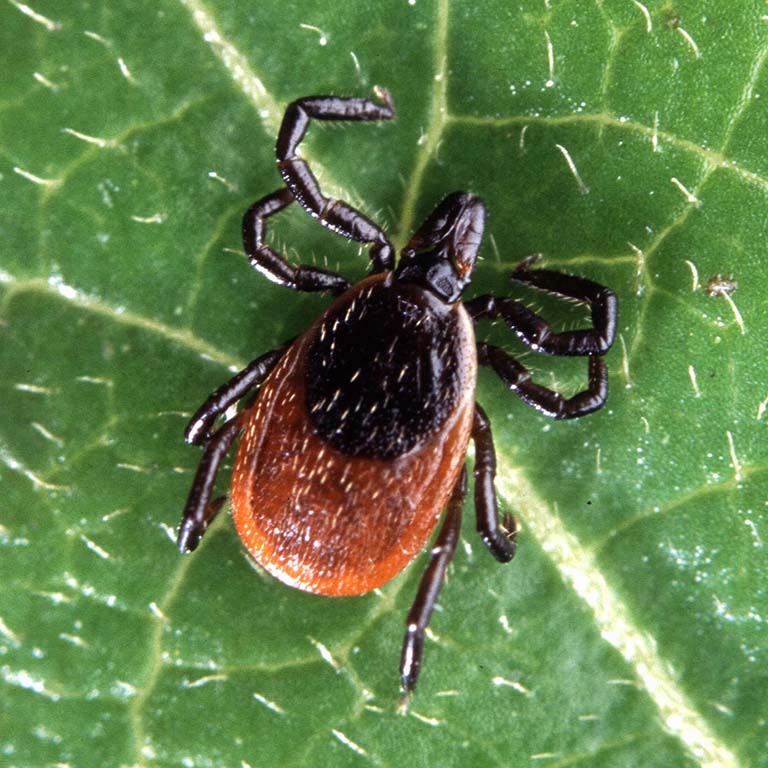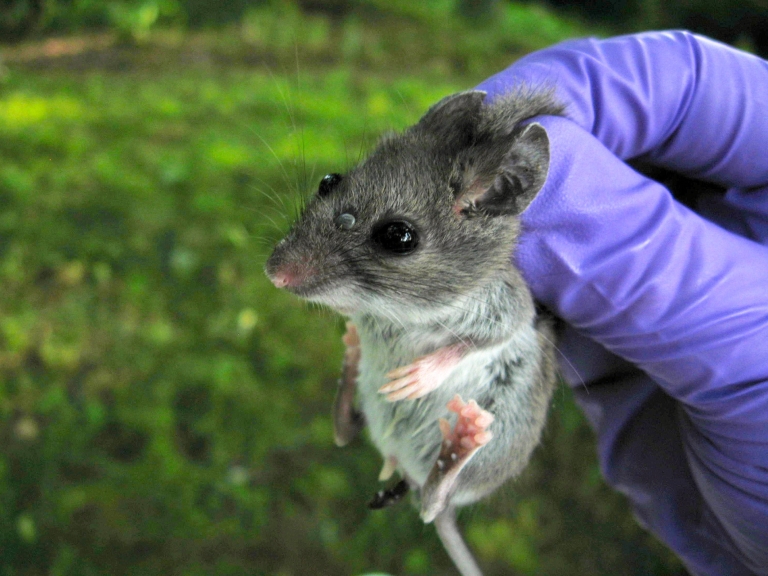[View original story from source]
A new environmental monitoring project at Indiana University has found increased numbers of the ticks that carry Lyme disease in southern Indiana.
The organisms, deer ticks, are not yet confirmed to carry Lyme disease. However, IU researchers said the presence of a known disease vector—like a deer tick—is commonly followed by a rise in the illness caused by the bacteria it carries.
The detection arises from a newly launched project from the IU Environmental Resilience Institute and the Prepared for Environmental Change Grand Challenge to understand and guard against disease-carrying organisms in the state. Project Vector Shield will regularly collect ticks and mosquitoes on the state's southern, eastern and western borders and analyze them to see if they carry diseases that are dangerous to people.
The project's launch comes at the same time as a recent report from the Centers for Disease Control and Prevention finding that the transmission of diseases from ticks, mosquitoes and fleas has tripled since 2004, including the detection or discovery of nine diseases never previously seen in the U.S.
"Changes in climate, temperature and weather conditions, as well as human activities such as international travel, all contribute to the movement of disease vectors into a new region," said IU Distinguished Professor of Biology Keith Clay, a leader on Project Vector Shield. "But the only way to quickly detect new species or diseases entering an area is regular, long-term data collection, which is rare. There really isn't anyone else conducting this sort of sustained, state-level monitoring project."
Deer ticks—also known as blacklegged ticks—do not currently appear in southern or central Indiana on CDC maps. But Project Vector Shield's data suggests this "safe zone" may be much smaller than previously thought—or nonexistent.



 The College of Arts
The College of Arts